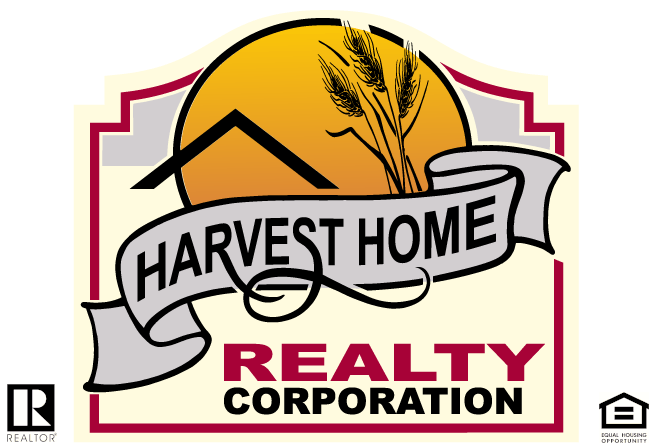34 1/2 Munroe Falls Ave. Munroe Falls, OH 44262 $49,900.00 Office
Tired of Renting Office Space? Check out this awesome office/complex condo. 2nd floor office (top left) in Heart of Munroe Falls. 4 rooms. Conference Room 14 x 12, Reception area 11′ x 8′, Utility room 5′ x 4′, Office #1 – 12′ x 10′, Office #2 18′ x 11′ (are separated by half wall) Private Bathroom. In excellent Condition. Professional offices in complex. Electric average per month approximately $175.00. Call Jeanne Kilgore 330-697-6474 |
Welcome
We at Harvest Home Realty promise personalized attention to each and every one of our buyers and sellers. Selling or purchasing real estate is one of the most important decisions made in our lives, both financially and emotionally. We pledge to do our utmost to make these experiences as pleasing and satisfying as possible. Experienced, honest, friendly one on one assistance from first contact to transaction closing
This website is under construction. Come back soon to see the new website!

